
Rob Halford: the 10 records that changed my life
On a recent summer afternoon, on the eve of the 40th anniversary of Judas Priest's debut album, Rocka Rolla, and ahead of an upcoming US tour to coincide with the band's just-issused 17th studio album, Redeemer Of Souls, singer Rob Halford sat down with MusicRadar to reflect on the music of his youth.
“It’s interesting to consider all the different kinds of music that really connected with you during your life," Halford says. "When you’re growing up, each record can be a new discovery – 'epiphanies' would be the right word – and bit by bit, they combine and work together to help shape parts of your personality. And, of course, if you’re a musician, every record can play a huge role in your development."
He pauses thoughtfully, then adds, “The music that touches you in your youth is magnified as you get older. Each record can be a virtual time machine – all you need is to hear a second or two and you go back to that place and time when you first heard it. It’s a brilliant feeling when music touches you so profoundly and stays with you through time."
On the following pages, Halford talks about 10 albums that were life-changers for him, ranked in no particular order – "They're just the way they kind of popped into my head, but that can be the best way, right? You're just remembering and reacting. And some of these bands and artists I’ve been fortunate enough to have seen in concert at the time, and that makes the connection, for me, even stronger.”
Judas Priest's Redeemer Of Souls can be purchased on Amazon and at iTunes. For a list of upcoming tour dates and for tickets, visit Judas Priest's official website.
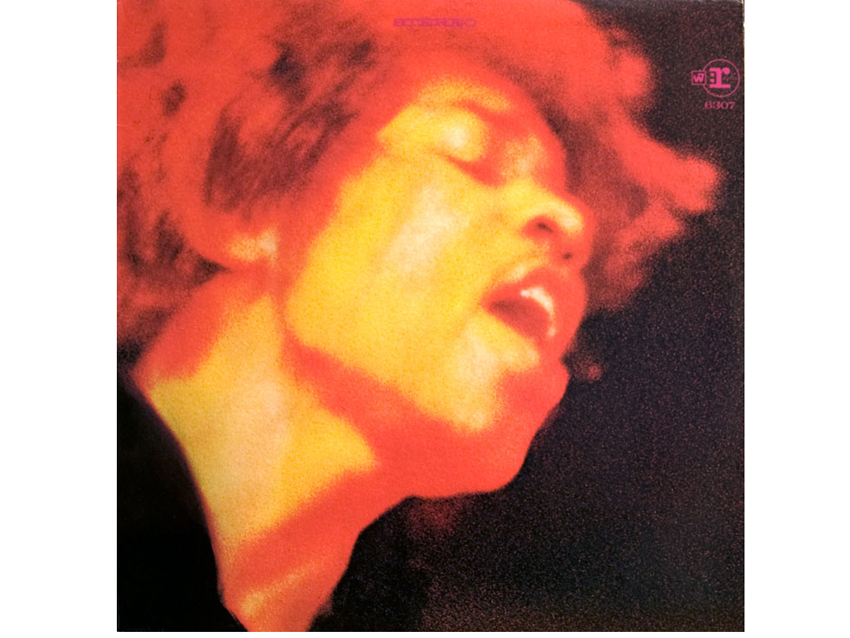
The Jimi Hendrix Experience - Electric Ladyland (1968)
“Simply because of the sheer audacity of this extraordinary guitar player and artist. He made the room light up so vividly. To listen to the sounds that he made with the electric guitar was unbelievably special.
“Things were changing at this time. The music in general was getting louder. Marshall amps were being made, speaker cabinets were being used – everything was getting bigger, louder, more impactful. I think Jimi had something to do with that.
“Listening to this music at the time it was being made is something I’ll never forget.”
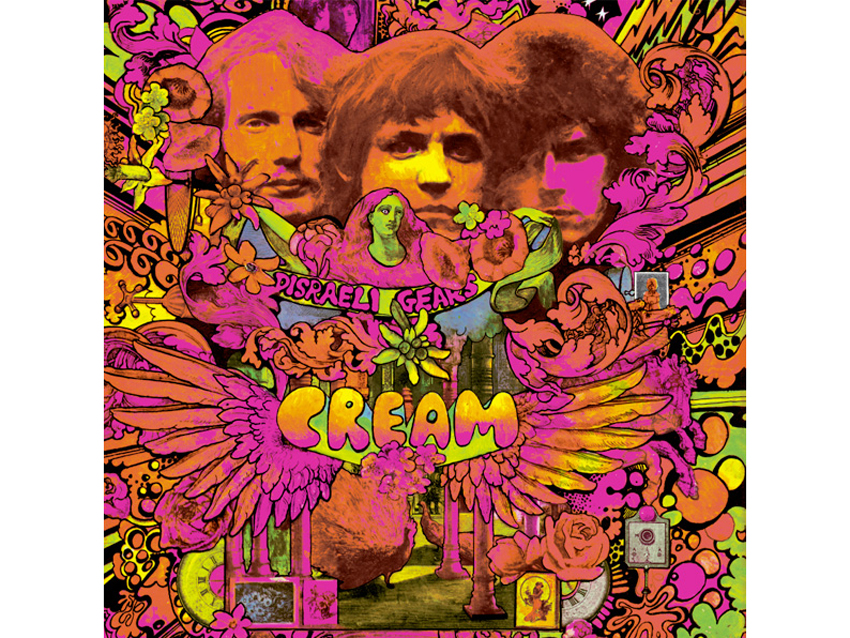
Cream - Disraeli Gears (1967)
“Eric, Ginger and Jack made only a few albums, but all of them were quite groundbreaking. The sheer force and creativity of this mostly instrumental trio was really quite exciting.
“Strange Brew, Sunshine Of Your Love, Tales Of brave Ulysses are some of their strongest song. It’s a great display of the psychedelic, electric blues-rock that was happening in England at the time, which had some of the tiny sparks that would ignite into heavy metal.”
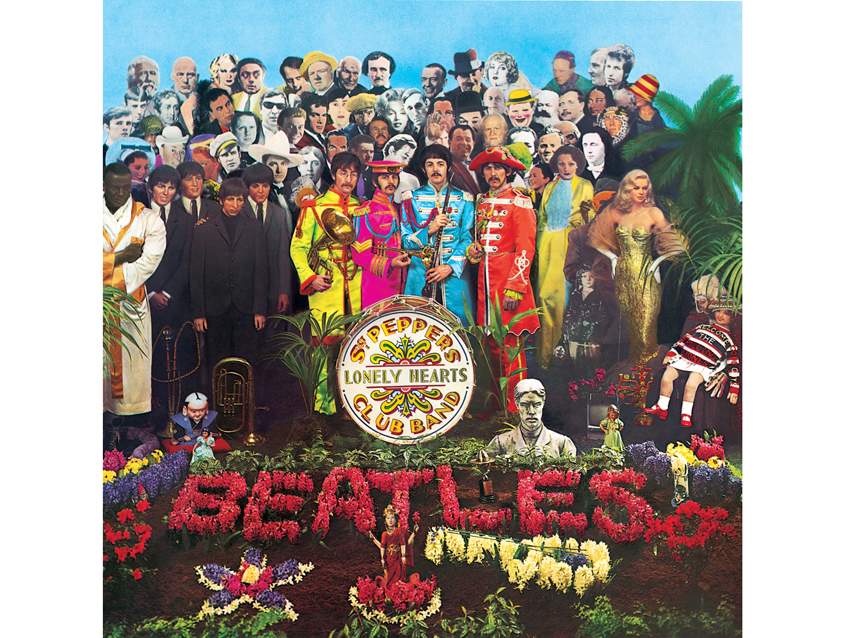
The Beatles - Sgt. Pepper's Lonely Hearts Club Band (1967)
“I was about 13 or so when The Beatles hit, and at that point in my life, music had started to connect with me in a big way. I got lost in the fantasy and the escapism of it all. The Beatles were obviously quite important to me – and all of us, really – on many, many levels.
“The relevance of Sgt. Pepper continues to this day. It was a musical milestone, not only for The Beatles in the UK but around the world. Everybody felt it. The songs, the production, the way the album flows, and all the great things that George Martin was doing with pushing the boundaries of multi-tracking – we had never heard anything like it before.
“When the album first appeared, it seemed quite unusual, almost avant-garde. But it got people thinking differently about music and how records could be presented. There’s so much represented in the music – The Beatles’ experiences with the Marharisi, things they soaked up in Haight-Ashbury and the like. It’s a phenomenal record.”
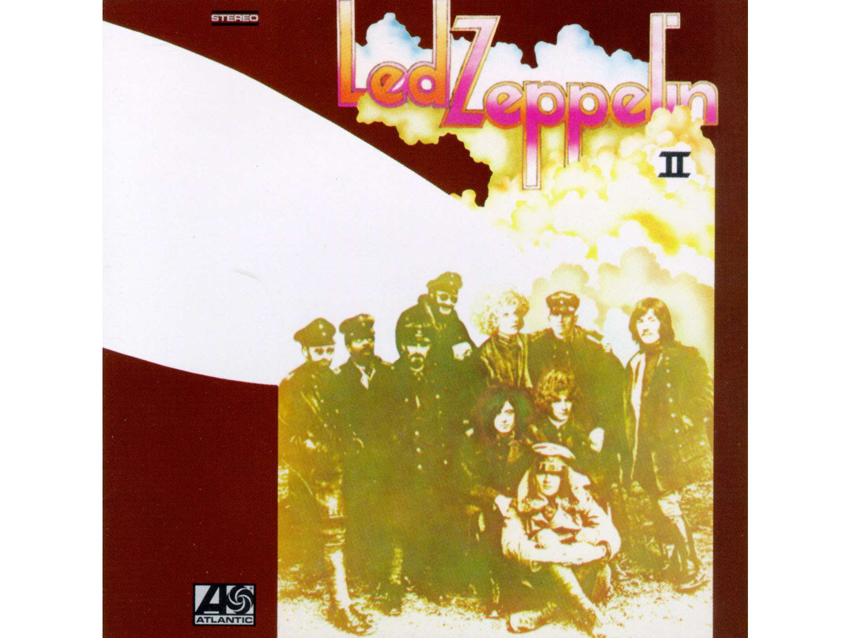
Led Zeppelin - Led Zeppelin II (1969)
“Probably a more specific album in terms of the roots of heavy metal. When I heard the riffs that Jimmy was doing, got a real sense of where things were going. Even though Led Zeppelin never expressed “we’ve got some heavy metal in us,” it’s quite apparent that it was there all along.
“The riffage and the way they played live – they were a bit like Cream on steroids. John Bonham smashed those drums, and along with the powerful musicianship of Jimmy Page and John Paul Jones, they made a sound that simply incredible. And then you’ve got Robert Plant, screaming and wailing in a way that we’d never heard before. Led Zeppelin were such an important band.”
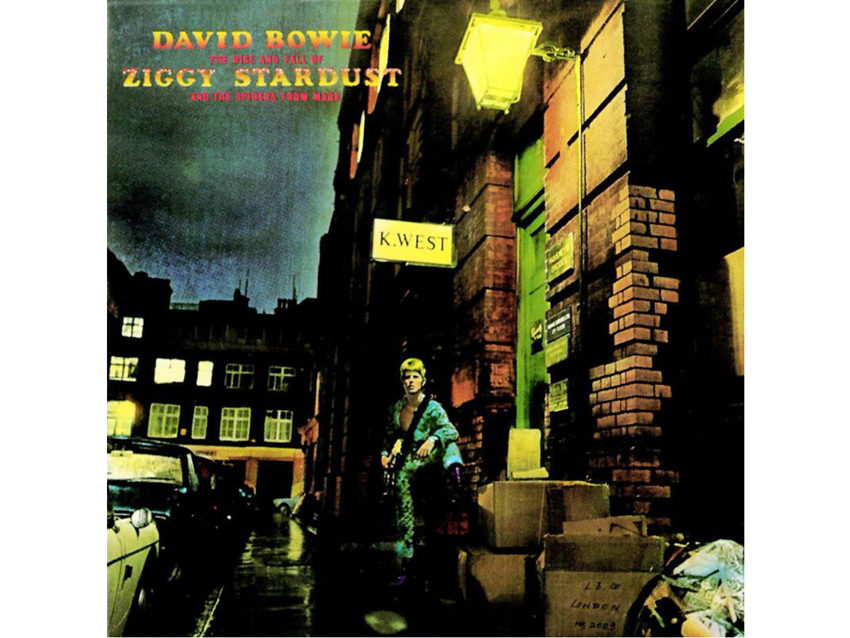
David Bowie - The Rise And Fall Of Ziggy Stardust And The Spiders From Mars (1972)
“David Bowie is a singer whom I’ve always cherished. He’s an extraordinary talent who can always shock you. Even today – he dropped that last record out of nowhere and just blew your mind.
“I’ve got all of his material, but for me, the record that really started it off was the one where he created the character Ziggy Stardust. I’ve always been drawn to showmen in rock ‘n’ roll, and that’s what he did with the Ziggy persona. You didn’t know whether it was real or a joke – 'Is this guy taking us for a ride?' You had no idea. But it was great.
“Every single song on the record is a classic. Bowie was showing his chameleon-like talents so beautifully, and it was just the start of many, many things to come.”
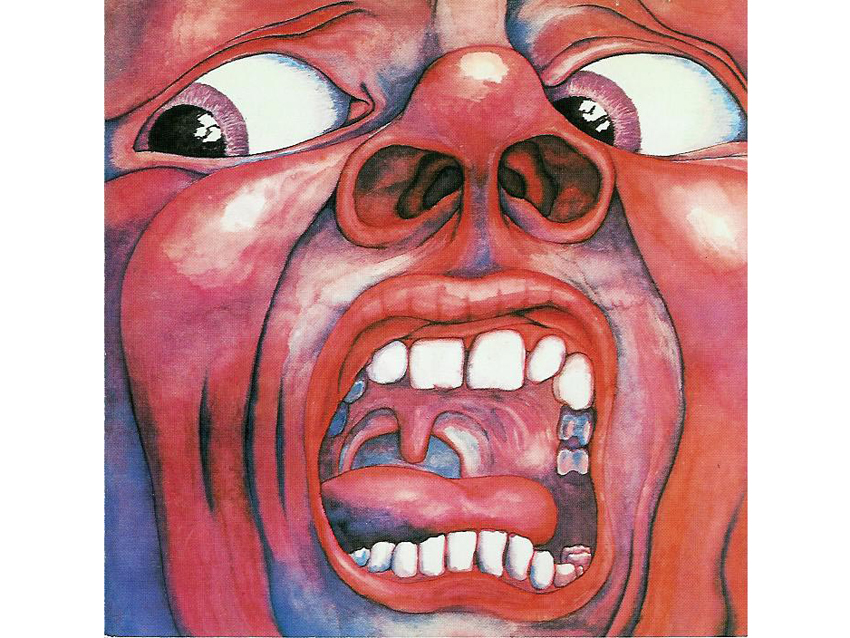
King Crimson - In The Court Of The Crimson King (1969)
“Now we go in another direction, with something really extreme. Robert Fripp’s fantastic display of guitarmanship really turned heads when we’d first heard it. The entire record – the production and the song structures – seemed to advance into some exciting new territories.
“This was coming out of the psychedelic rock, and we were beginning to get into the prog-rock era. The title track is probably my favorite, but everything else is so thrilling to listen to.”
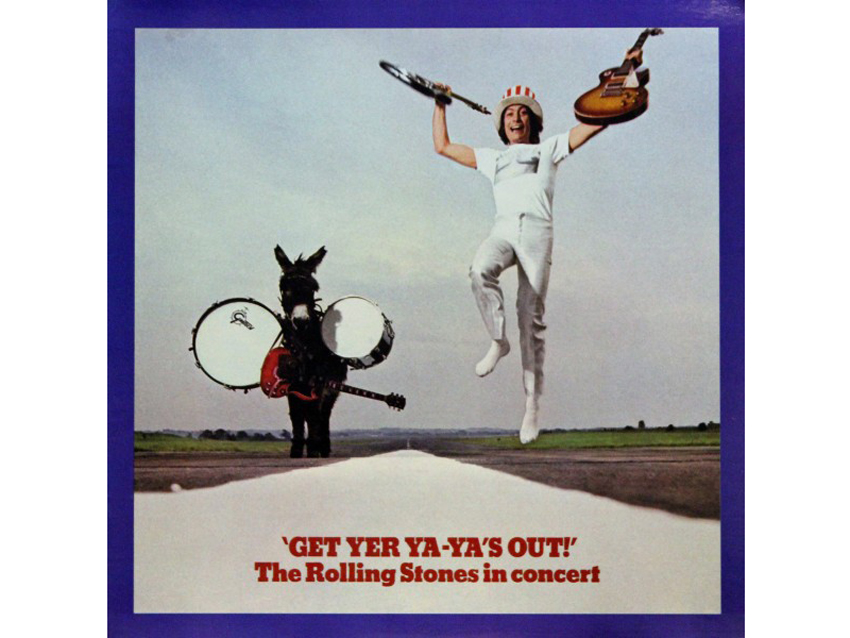
The Rolling Stones - Get Yer Ya-Ya's Out (1970)
“There are some live albums that really do manage to capture the intensity and brilliance of a band, and when you hear the Stones play Sympathy For The Devil on this album, it puts you right there at Madison Square Garden in '69.
“What’s amazing to me is, these songs weren’t even that old at the time, but they already sounded like classics. What an immense catalogue of material the Stones were building.
“The songs, the recording, the atmosphere – it’s all extraordinary. I’m fortunate to have seen Cream live, Zeppelin, Bowie on his Ziggy Stardust tour, and I’ve seen the Rolling Stones, too. I’m including the Stones for this album as well as for the tremendous position in rock ‘n’ roll that they still hold.”
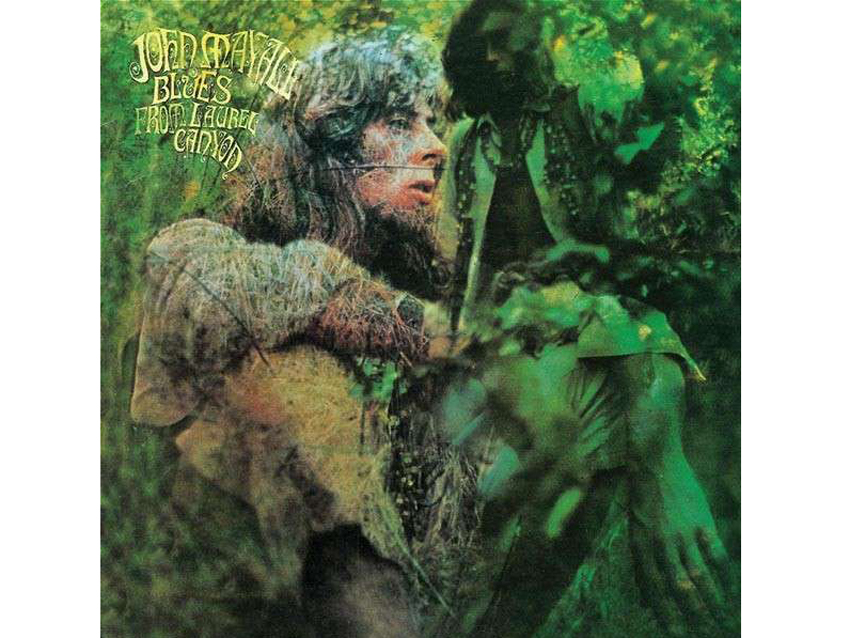
John Mayall - Blues From Laurel Canyon (1968)
“I was watching a show on YouTube that John Mayall did in Marseilles earlier this year – it was part of his 80th birthday celebration – and I remembered how tremendously important he was to me. It did my heart good to see him still playing, and playing really well. Guitar, keyboards, harmonica – he does it all.
“John Mayall and The Bluesbreakers were somewhat of an unusual band when they kicked things off. What was funny was how some people thought they were an American band, which they weren’t, of course – they were from the UK. I think that speaks to the authenticity and integrity of his music.
“He’s made hundreds of records. If you look him up in Wikipedia, it’s just unbelievable the amount of recordings there are. And think of the people he’s worked with, the friendships he's made and the guitarists who were in the Bluesbreakers at various points – Jimmy Page, Eric Clapton, Peter Green, and on and on. Talk about colossal talents.
“I could pick so many records, but I went with Blues From Laurel Canyon. It’s called that because, literally, he moved from Britain to Los Angeles and lived in Laurel Canyon. It’s a very cool record.”
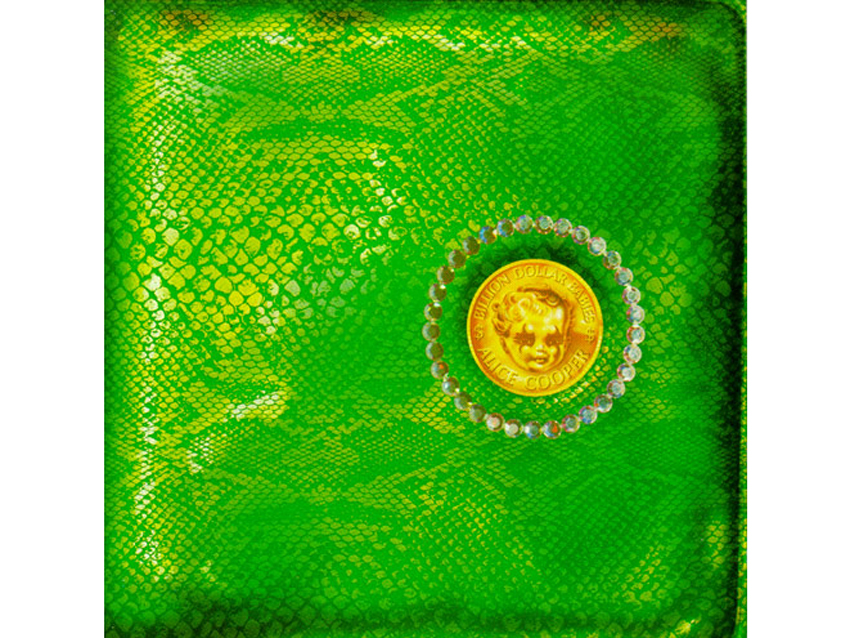
Alice Cooper - Billion Dollar Babies (1973)
“My neighbor from Phoenix, Alice Cooper. When he burst onto the scene, he was the originator of the genre that some people call ‘shock rock.’ However you describe it, he was surrounded by really talented players. Of course, there was Dick Wagner, who sadly passed away just recently.
“If you listen to the early recordings or watch footage of Alice, it’s undeniable that he was a game-changer. At the time, people didn’t know what to think: ‘What is this guy? What’s happening, man?’ [laughs] But he was just so entertaining. He believed in putting on a show, and that kind of thinking went into my persona as a performer on stage.
“I picked Billion Dollar Babies because it’s kind of concept-y. Fabulous tunes, great production and just all-out creativity. And it's fantastic that Alice is still doing it. He’s out there making great music and playing live. I just love him.”
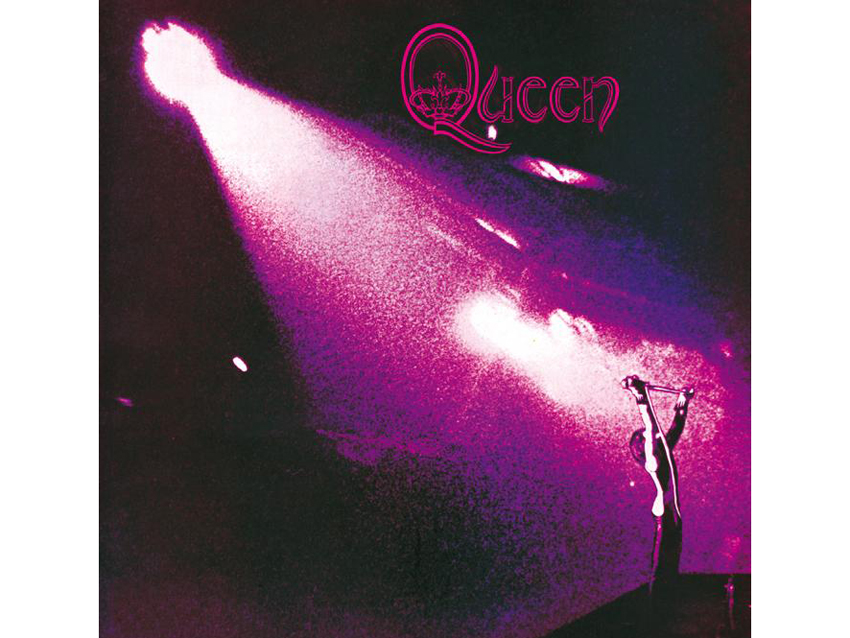
Queen - Queen (1973)
“Another great frontman – Freddie Mercury. I remember when Priest were making Rocka Rolla, our first record, we went to Trident Studios in Soho, in London. As it turned out, Queen were doing some recording there, as well. We heard some of their early demos and tracks, and even then it was mind-blowing.
“They were very adventurous. The style of production they were going for, with all of these multi-multi-layered vocals – they were breaking all the rules. We used to listen to a particular rock show on BBC Radio – I think it was at four o’clock on Sunday afternoons – and this guy Alan Freeman used to play Queen every week. It was really cool to hear this incredible music moving through the airwaves.
“Musically, they were remarkable, and what Freddie did with his voice – and his whole personality on stage – it was a life-changer for me. And here we are today, and the band is playing with Adam Lambert, doing great things on their current American tour. I have a ton of respect for them.”
Joe is a freelance journalist who has, over the past few decades, interviewed hundreds of guitarists for Guitar World, Guitar Player, MusicRadar and Classic Rock. He is also a former editor of Guitar World, contributing writer for Guitar Aficionado and VP of A&R for Island Records. He’s an enthusiastic guitarist, but he’s nowhere near the likes of the people he interviews. Surprisingly, his skills are more suited to the drums. If you need a drummer for your Beatles tribute band, look him up.
